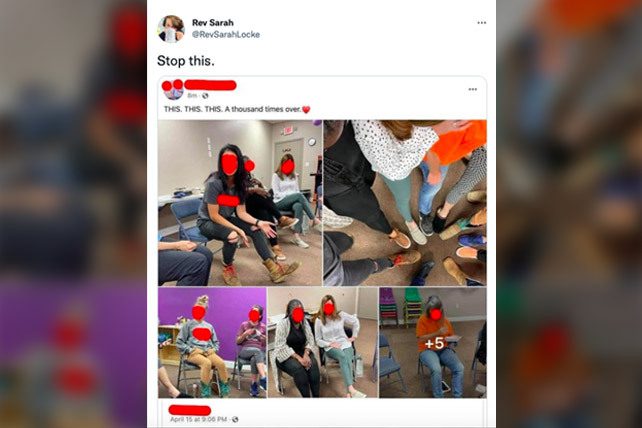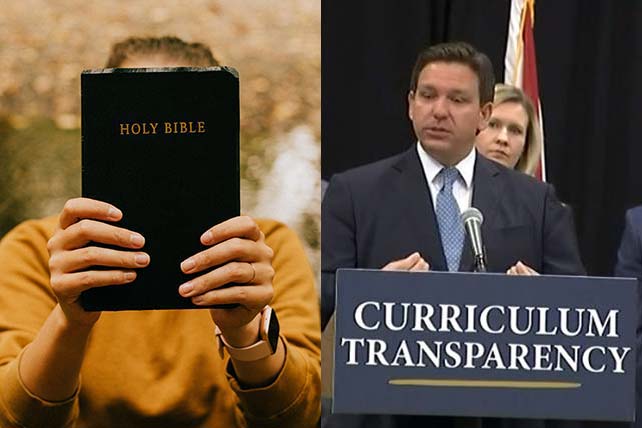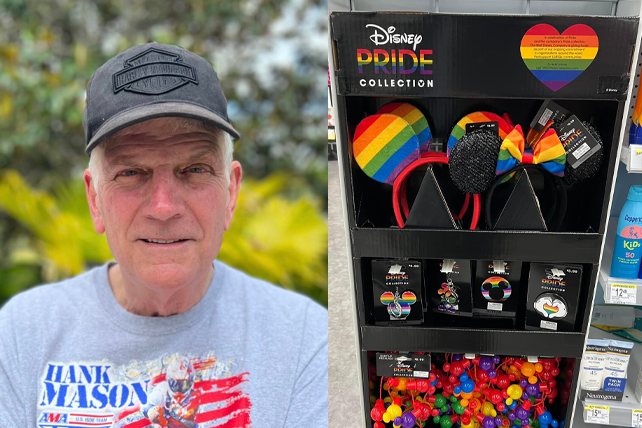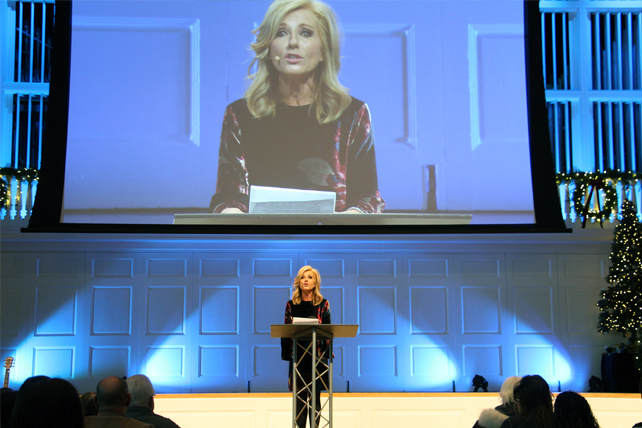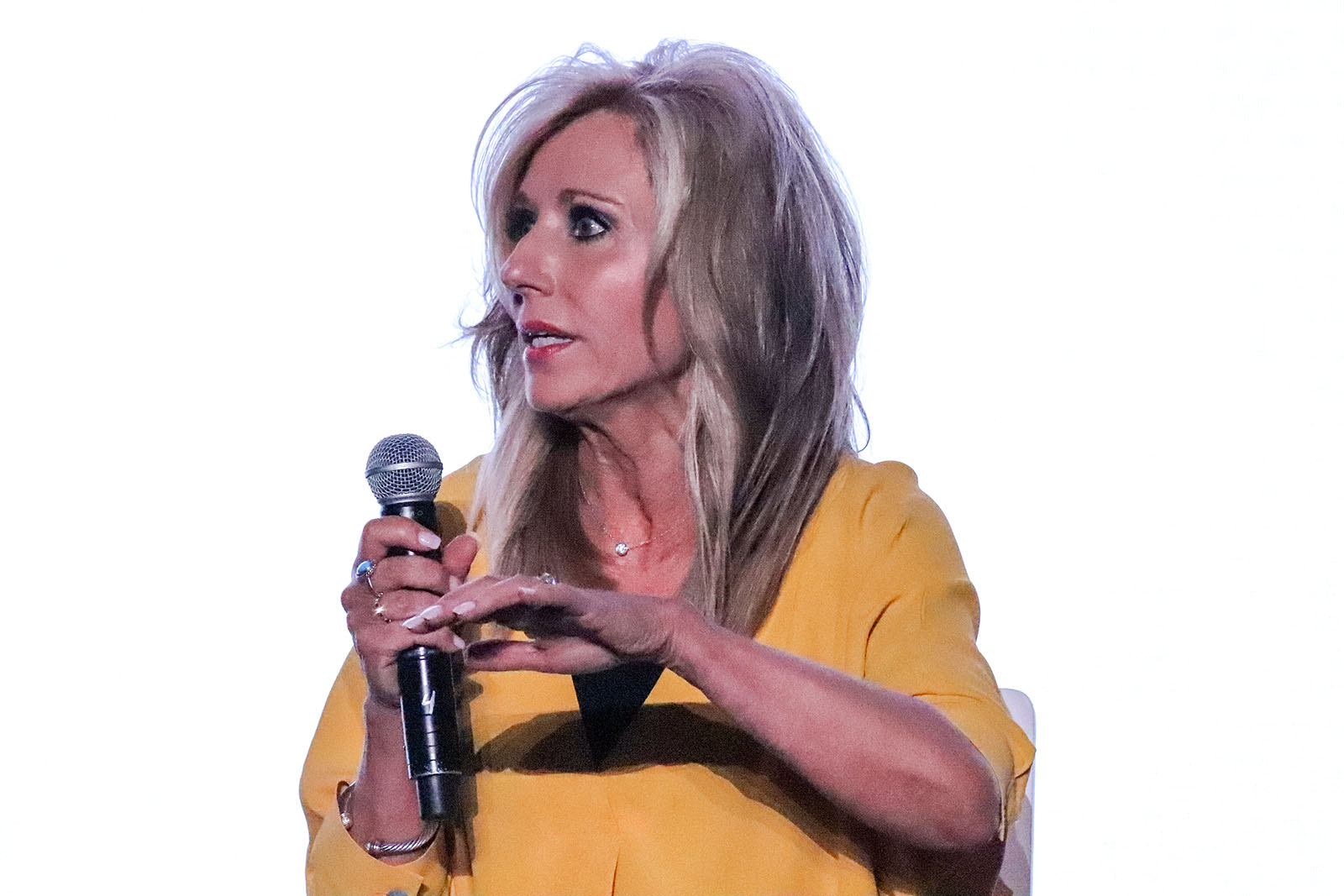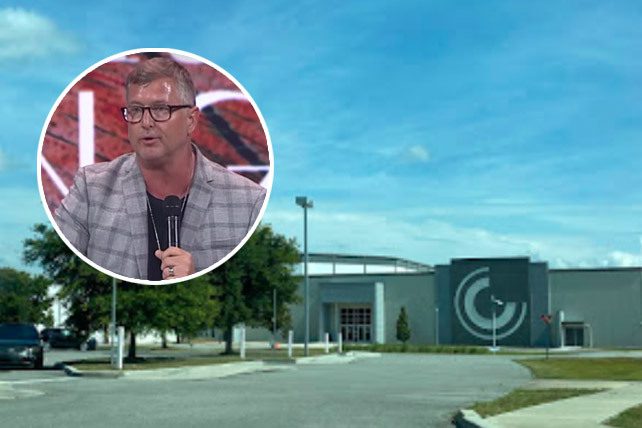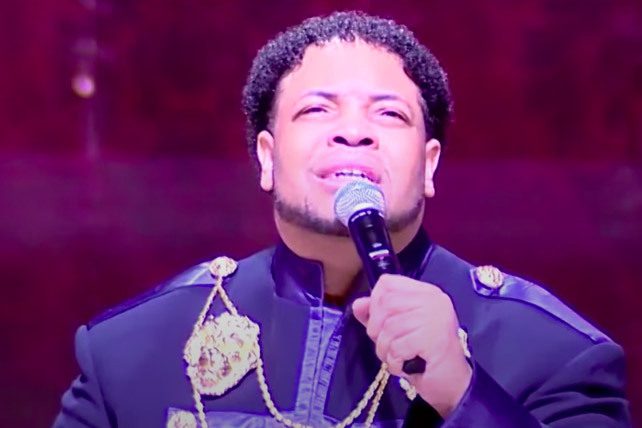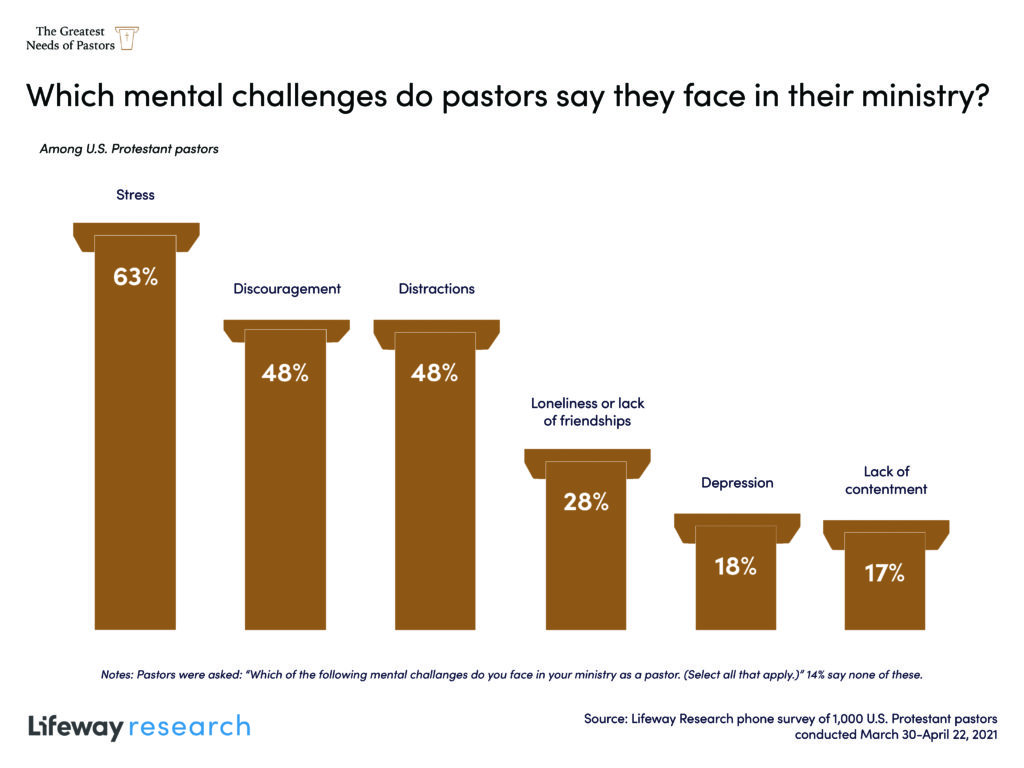Recently, I was serving in a children’s ministry elementary classroom.
I was sharing the Gospel with the kids. I referenced John 3:16 and asked if someone would quote it for us. Out of a group of 20 kids, I was sure many of them knew John 3:16. But I was left with crickets. Not one child knew John 3:16. Even when I gave them a hint of the first few words of the verse.
The same thing happened at another church I was recently visiting. I was in one of their kindergarten classrooms and the teacher asked the kids to name one of Jesus’ miracles. Crickets again. Out of 8 children, not one of them could name any of Jesus’ miracles. To be honest, this scared me. And for good reason. These are kids who have been raised in church. And they don’t even know the basics of biblical truth.
We are raising a generation of children who are biblically illiterate. This is reflected in the number of children who grow up and walk away from the church and even the faith.
My heart is burdened for the next generation. They are sitting in our classrooms with open hearts and yet, we are failing them. We are feeding them shallow, watered down lessons that are not providing them with a faith foundation.
24% of Gen Z kids say our teaching is too shallow.
It’s time we shift our priorities to raising not just “good” kids, but “Gospel” kids who know God’s Word and why they believe what they believe.
Here’s some steps you can take to accomplish this:
Make sure your curriculum is Bible-based and focuses on helping kids know God’s Word and the key truths found therein.
There are lots of curriculums to choose from. Make sure what you choose makes God’s Word the top priority.
And just for clarity. It’s not about how you teach, it’s about what you teach. I believe kids’ lessons should be fun, age-appropriate, hands on and interactive. It’s not going to make a big impact if you have a solid curriculum but teach it in a boring manner. It takes a good balance of both.
Help parents see the vital importance of making church a top priority. A big reason why many kids don’t know basic Bible truths and verses is because they are only at church once every 3-4 weeks. They are missing 50-75% of the lessons. And then we wonder why they are Biblically illiterate. We must help parents understand that God doesn’t want to just a part of their life, but wants to be the center of their life. Matthew 6:33 makes this clear. Church must be the first priority. Not just something to do if there are no sports going on or if it’s’ raining so you can’t go to the lake.
Help kids move the truth into their long-term memory. One reason kids don’t know God’s Word is because we are not being strategic in how we help them memorize it. But that can be fixed. Here’s how.
- Repetition. Did you know that if a child hears something repeated at least 6 times in a month, their retention rate goes up to 90%? Rather than trying to get kids to memorize a new verse every week, spend a month on one verse and have them repeat it many time over.
- Connection to everyday objects. Kids can remember truth when you connect it to something they interact with on a regular basis. You’ll find that the master teacher, Jesus, did this all the time. He tied Biblical truth to birds, fish, flowers, gates, sheep, doors, coins, etc. These were all things that the people of His day connected with as they went about their everyday lives. Here’s a classic example. I was teaching a lesson about Jesus being the only way to heaven. I showed the kids a one way street sign. I told them every time they saw a one way sign on the road, to remember that there is only one way to heaven and that is Jesus. A year later, I was driving the kids home from camp and a boy from the back of the bus, yelled out, “Look, Pastor Dale, a one way sign. Jesus is the only way to heaven!” The reason he could recall that Biblical truth was because it was tied to something he saw on a regular basis.


